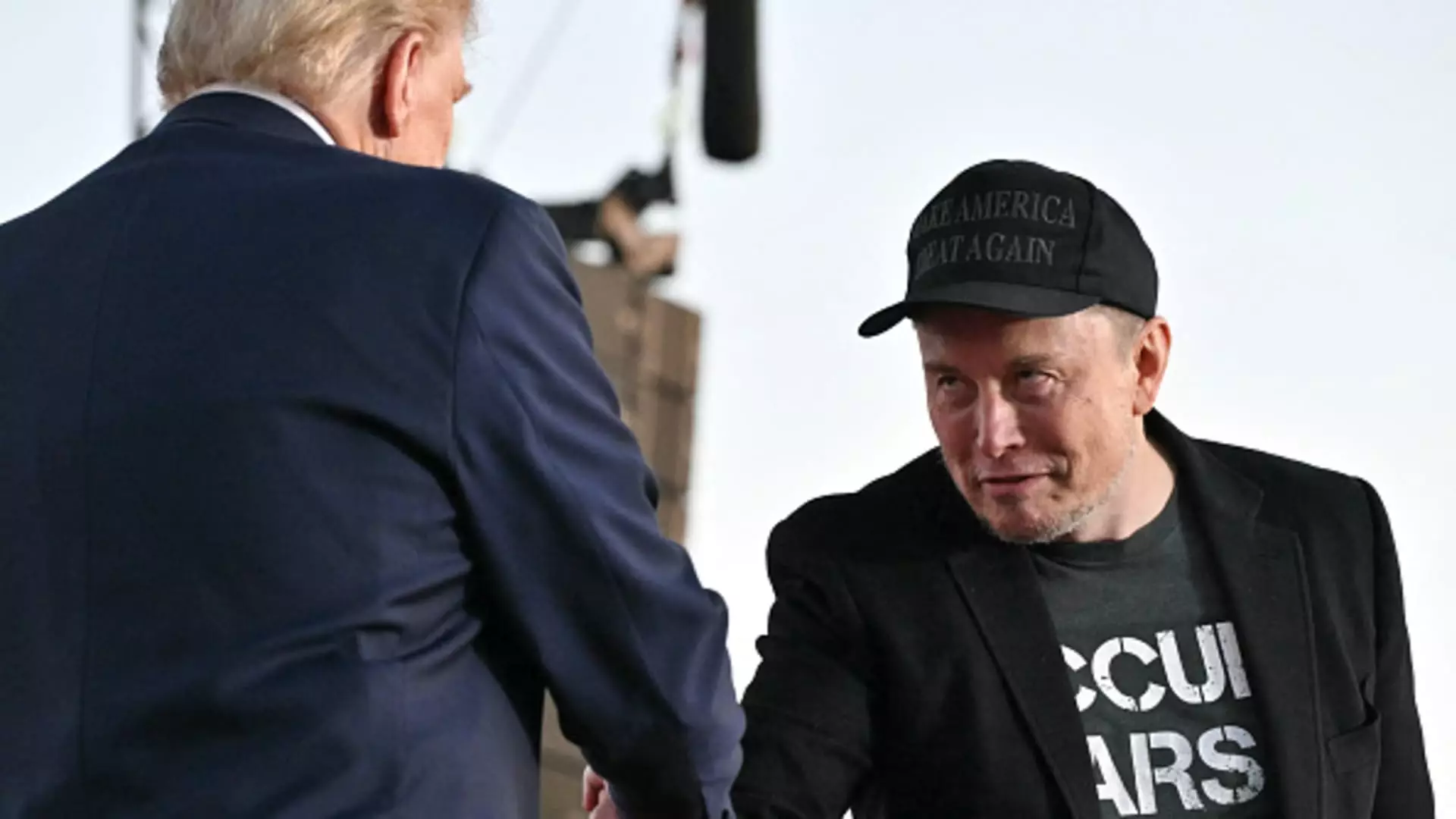In a striking move that captured considerable attention, Elon Musk, the billionaire entrepreneur and CEO of Tesla and SpaceX, indicated his support for the notion of increased presidential control over Federal Reserve policies. This commentary arose in response to a social media post by Senator Mike Lee, a Republican from Utah, who argued for the Federal Reserve to come under presidential oversight. Musk’s succinct expression of agreement, encapsulated in a single “100” emoji, has sparked discussions around the implications of such a shift in governance.
Musk’s endorsement is not simply a casual endorsement; it signifies a growing sentiment among certain political factions that seek to challenge the long-established independence of the Federal Reserve. The recent comments from Musk echo a broader narrative that suggests an increasing willingness to redefine the relationship between governmental authority and monetary policy.
The Federal Reserve has long been viewed as a bulwark of economic stability, operating independently from political pressures to determine monetary policy. Its crucial role involves decisions about interest rates and other measures that directly affect the country’s economic landscape. However, tensions appear to be mounting, particularly with the impending presidency of Donald Trump and his checkered history with the Federal Reserve and its current chair, Jerome Powell.
Powell’s firm stance, asserting his intention to remain in position irrespective of presidential pressure, inadvertently reignites the conversation regarding the boundaries of Fed autonomy. Throughout his previous term, Trump frequently criticized Powell for decisions that he perceived as unfavorable to the economy, often suggesting that the president should have a role in steering Federal Reserve policy.
To fully grasp the gravity of Musk’s position, it is essential to consider the historical context. For decades, the principle of Federal Reserve independence has been rooted in the belief that monetary policy should be insulated from political figures and their agendas. The rationale behind this separation is straightforward: to prevent the potential misuse of monetary authority for short-term political gains that could undermine long-term economic stability.
If the organization were to yield to presidential influence, it could pave the way for policy decisions aimed at serving the interests of a particular administration rather than the broader economic welfare. This concern is particularly pronounced in light of past statements by Trump, who has openly mused about exerting influence over Fed operations should he return to the Oval Office.
As the nation approaches another uncertain political era, the implications of Musk’s endorsement should not be dismissed lightly. The possibility of a shift toward greater presidential control over the Fed represents a significant departure from the norms that have governed U.S. economic policy for generations. The interplay between Musk, the Trump administration, and the Federal Reserve will likely be a focal point in upcoming discussions surrounding economic policy and governance, challenging the stability of one of the nation’s cornerstone institutions as it contends with a future fraught with political maneuvering and economic uncertainty.
The endorsement by Musk propels an essential dialogue about the relationship between the government and monetary policy. It remains to be seen whether this sentiment will gain traction or fade amid the complexities of political dynamics and economic realities.

Leave a Reply